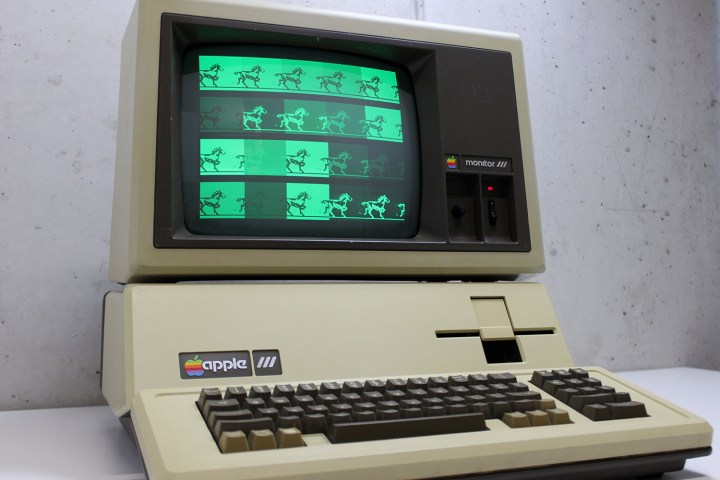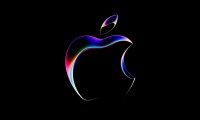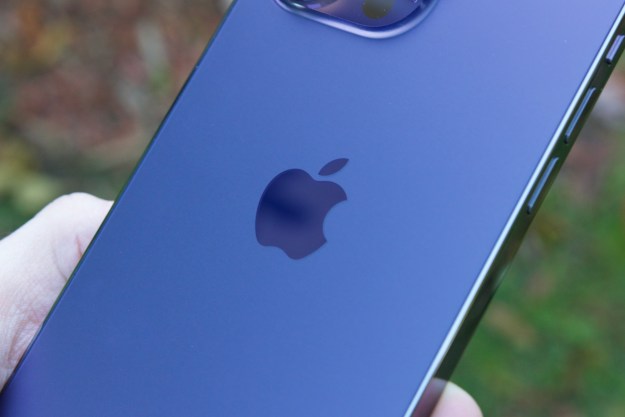
Another WWDC 2018 has officially come and gone. The annual conference, which Apple uses to highlight its latest-and-greatest software initiatives, saw the announcement of iOS 12, ARKit 2, and MacOS Mojave, as well as increased functionality for AR emojis and Siri. In the past, the tech giant has also used this event to announce new iterations of the iPhone and Mac but, alas, that wasn’t the case this year.
And while Apple showed off some cool refinements coming to its desktop and mobile operating systems, not everything the company has done in the past has been as elegant. To prove our point, we went back and reflected on some of Apple’s biggest failures over the past 40 years, from Bendgate to that U2 album nobody wanted.
Here’s what we found.
Ping, the failed music social media network (2010)
iTunes Ping, often referred to as just Ping, was Apple’s attempt at a social media network, one that combined music-oriented social networking with a recommendation system for finding new music. The service allowed users to follow artists they liked and see short posting from said artists and friends. While in many ways a spiritual predecessor to services such as Spotify and Apple Music, Ping was considered a major flop. The service launched with a million members in 2010, but didn’t manage to keep them around for long.
The immense amount of spam and fake accounts on the network, along with its lack of integration with Facebook and other social media platforms, led to the service’s demise in 2012. Before the announcement of Apple Music, Apple replaced Ping integration in iTunes with links to
Bendgate (2014)

Americans aren’t exactly well-known for their clever naming conventions when it comes to controversies, so when people started reporting that the iPhone 6 was bending in their pockets, Bendgate — a terrible play on Watergate — was born. The phrase has since expanded and often references structure issues across various electronic devices, but it was originally created in response to the bendy iPhones of 2014, a fact Apple would probably prefer most of us to forget.
According to Apple, the company only received nine complaints regarding bent devices following the initial launch of the iPhone 6. This isn’t very many, especially when you consider that first-weekend sales topped 10 million units. Nonetheless, the controversy quickly spread across the web, prompting Apple to issue an official response. In a press release, Apple determined that any damage to the iPhone 6 during regular use was “extremely rare,” despite online reactions.
Wait, where did the headphone jack go? (2016)

With the release of the iPhone 7, Apple made the bold decision to get rid of the smartphone’s 3.5mm headphone jack, opting instead for a lightning port that will charge the device and act as a port for compatible headphones. But many people weren’t impressed. From the initial lack of compatible devices to the fact that people were now having a harder time using what they considered an essential function of their phone, removing the headphone jack did not go over well with consumers at all.
Apple stuck to its guns, however, and no flagship since has featured a headphone jack, including the iPhone X. And while it’s important to innovate and challenge previously held notions regarding technology, getting rid of something that many people use regularly — and preventing them from using their
Antennagate (2010)
Does anybody else remember those weird bumpers everybody had on their iPhones back in 2010? Shortly after the release of the iPhone 4, many users began noticing reception issues and an increased frequency of dropped calls that simply didn’t exist with previous iterations of the iPhone. The issue? The iPhone 4’s antenna, which ran nearly three-quarters of the length of the phone on the outside of the device, without any coating or insulation, where it was often covered by the hand of the person using it.
The design was a callback to the cellphone antennas of days past and was, in theory, supposed to improve reception. Sometimes things don’t work out like was planned, however, and if you put your hand or finger over the antenna, it would wreak some serious havoc on your reception. While the malfunction was an issue in and of itself (some of which was alleviated by those weird bumpers), Apple managed to make the matter worse when it accused its user base of simply holding their devices wrong.
“You’re holding it wrong,” a reference to Apple’s response to the controversy, quickly became a meme.
iOS 11 glitches galore (2017)
The first iteration of Apple’s mobile operating system, iOS 11, had more than a few glitches when it first launched. From a bug in the QR code reader that direct users to malicious sites, to instances where receiving certain characters would cause iMessage to crash, it was prone to all sorts of issues. There was even an issue where a letter “A” and a symbol would appear when you typed the letter “I,” which caused all sorts of problems. New OS releases are always a little buggy, yes, but this one was particularly bad, and it’s still fresh on our minds.
That U2 album no one wanted (2014)

In an idea that probably sounded a lot better on paper, Apple managed to anger hundreds of thousands of users in 2014 by adding U2’s 13th album, Songs of Innocence, to everyone’s iTunes accounts. Whether you’re a fan of the band or not is kind of beside the point; the fact you couldn’t remove the album from your Song Library was infuriating on multiple levels.
It was such a bad PR disaster that Bono, lead singer of U2, even apologized for the album’s release, saying that “I had this beautiful idea and we got carried away with ourselves.” Apple eventually was eventually forced to release a tool that would allow customers to remove the album from their accounts, and the giveaway was ultimately deemed worse than spam.
The Apple III (1980)
The Apple III was Apple’s attempt at a business-focused desktop computer, which turned out to be a thing that no one actually wanted or asked for. Released in 1980 as the successor to the Apple II series, the 8-bit Apple III was considered a remarkable failure, selling only 120,000 units (including the Apple III Plus). Several factors contributed to the machine’s failure, including FFC radio interference qualifications and the 16-bit IBM Personal Computer that was released the following year.
The original version of the machine was also recalled due to serious stability issues that required a complete design overhaul. That, coupled with competition from IBM, meant the Apple III was never quite able to bounce back. In his 2006 memoir, iWoz, Apple co-founder Steve Wozniak attributed the Apple III’s failure to the fact that the system was designed by Apple’s marketing team, and not the engineering team, instead of just admitting it was a bad idea from the start.
Editors' Recommendations
- We finally know when Apple will announce its 2024 iPads
- Hurry! This Apple Watch just had its price slashed to $189
- Two popular iPad models just got pretty steep price cuts — from $250
- When will Apple release iOS 18? Here’s what we know
- The 7 biggest features we expect to see in iOS 18



